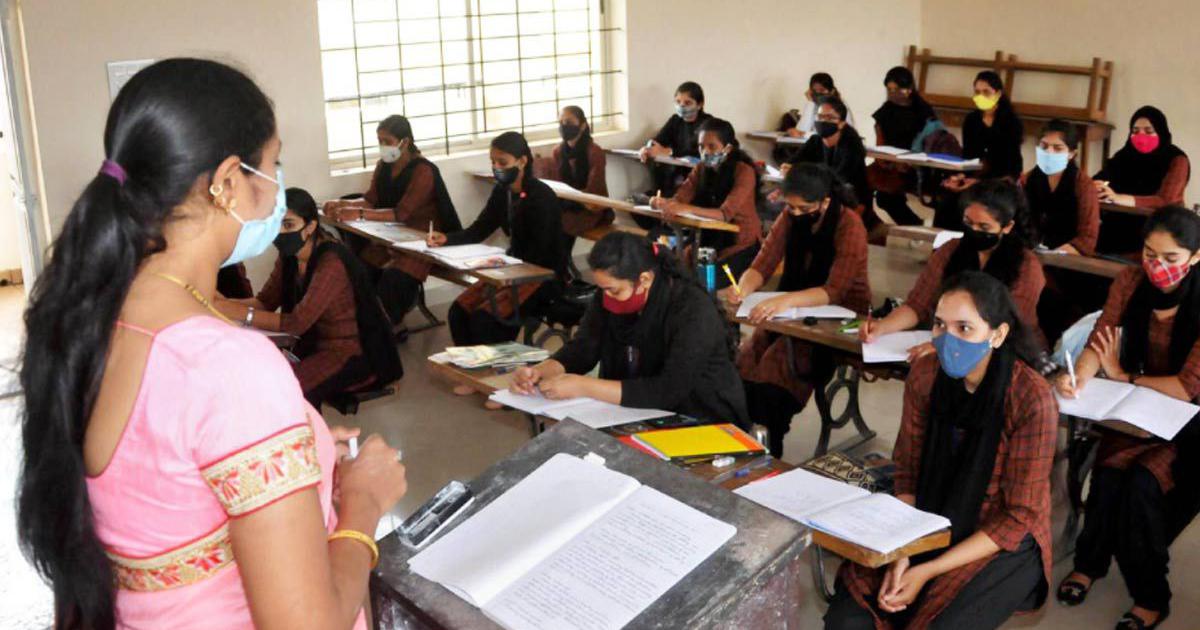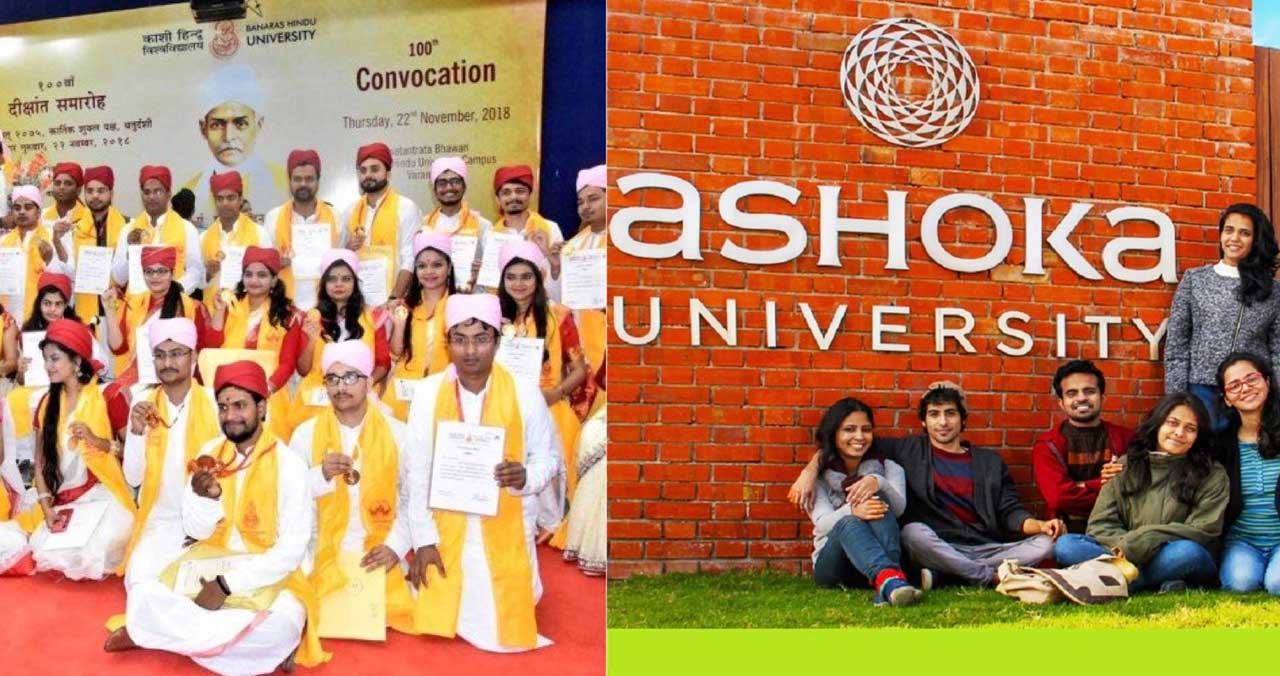The announcement of computerized online entrance examinations for Jawaharlal Nehru University (JNU), in the form of multiple choice questions (MCQ), appears, on the face of it, to be merely yet another bureaucratic, ill-thought-out, and hasty change in higher education policy. We need to be alert to what is going on because there are two kinds of more substantial drastic transformations in higher education underway. One is the devastation of the public university system and its replacement by private players who would be given free rein to run universities as profit-making organizations. This process, however, predates the Narendra Modi regime.
READ THE FULL ARTICLE HERE: Profiteering and Injustice: Online entrance examinations and JNU



